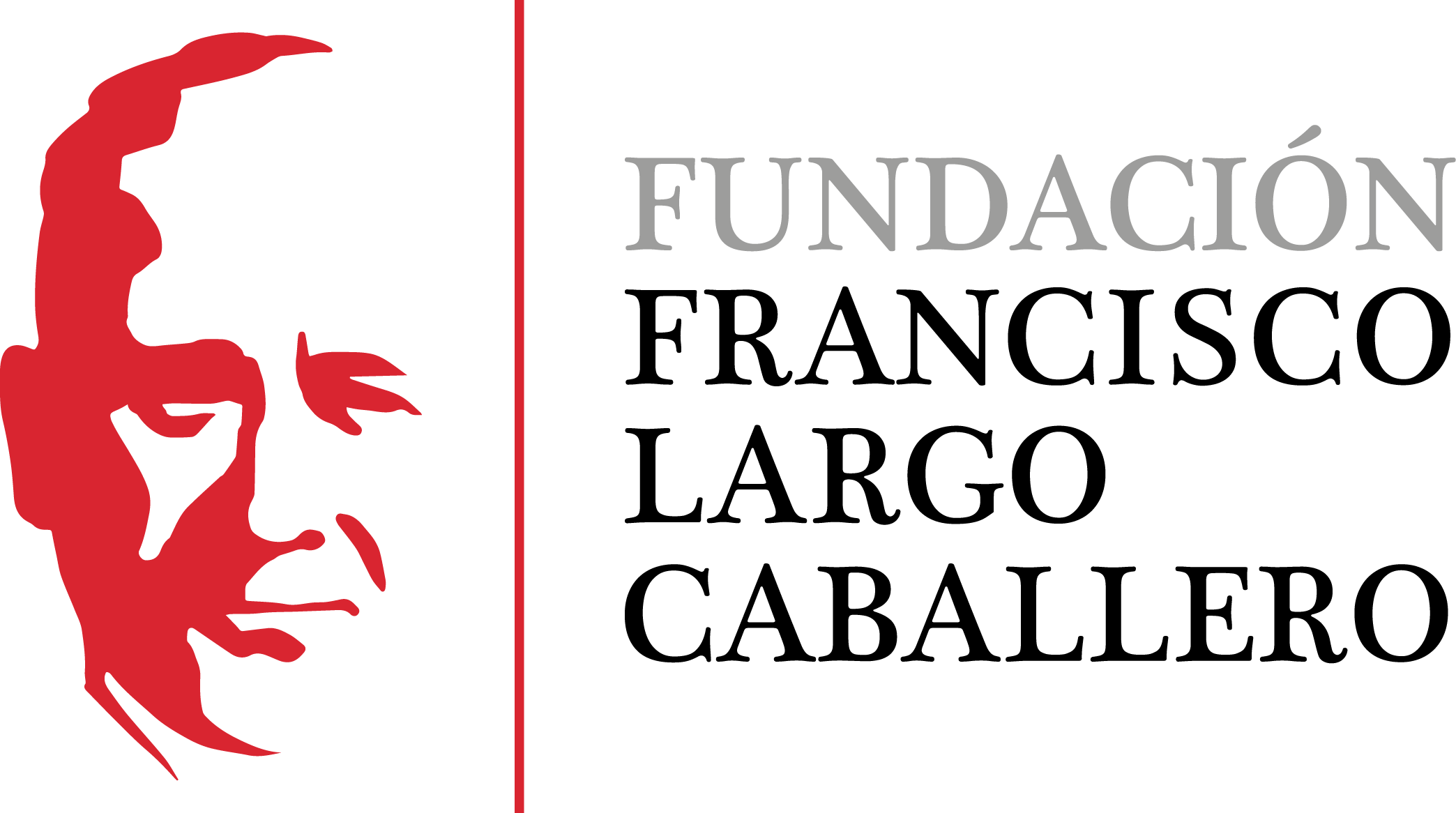A different Resistance. The Italians against French invasion, 1796-1806
DOI:
https://doi.org/10.69791/rahc.237Keywords:
«insorgenze», peasants, French, Calabria, misery, hunger, clergyAbstract
The article tries to offer a synthetic vision of the resistance —in Italy called «insorgenze»— to the French during the decade 1796-1806. First of all a review is given of the different historiographic theories, and the Author shows the inconsistency of the one insisting on a centrally organized and co-ordinated movement, as the uprising were all on local basis and without previous consent, mainly provoked by the violences and robberies of the French troops.
A short chronicle of the different events shows the difference between the 1796-1799 period, and the following years, when the Italian political structure undergoes a radical change, with the birth of the Kingdom of Italy.
The Autor emphasizes also the difference between the riots in the centre-south of the Italian peninsula and the ones in the north, stressing moreover how what happened in Calabria must be considered a real war, plainly waged along a class conflict scheme.
Lastly the article lays out the resistance’s motivations, concluding that they were mainly based on the peasants’ fear of the novelties on one hand, and in the other on the deep economical crisis and the true estate of misery suffered by the rural populations.
Downloads
Global Statistics ℹ️
|
73
Views
|
16
Downloads
|
|
89
Total
|
|
Downloads
Published
How to Cite
Issue
Section
License
Copyright (c) 2009 Vittorio Scotti Douglas

This work is licensed under a Creative Commons Attribution 4.0 International License.
Alcores is an open-access journal. It provides unrestricted access to its content from the moment of publication. We respect intellectual property rights, and for this reason, the author retains the copyright. All content is distributed under a Creative Commons Attribution 4.0 International (CC BY 4.0) license. The terms of the license can be consulted at: https://creativecommons.org/licenses/by/4.0/
This license allows sharing (copying and redistributing the material in any medium or format) and adapting (remixing, transforming, and building upon the material for any purpose), provided that authorship and first publication in this journal are properly credited, a link to the license is included, and any changes made are indicated.
This type of license facilitates the freedom of reuse and ensures that the content of this journal can be used to meet research needs.





